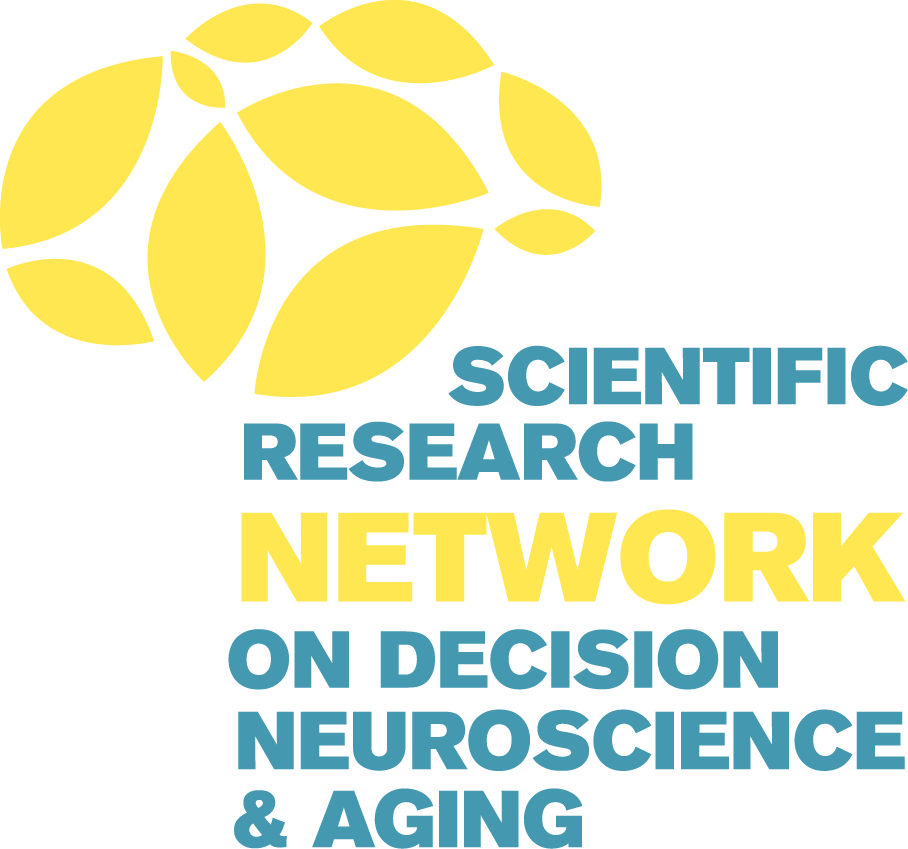2022 Pilot Grants





Effects of Older Age on Curiosity-Driven Decision-Making and Memory
Hsiang-Yu Chen (Brandeis Psychology), Ming Hsu (Berkeley Haas), Heidi Jacobs (MGH Gordon Center for Medical Imaging), Susan Landau (UC Berkeley Helen Wills Neuroscience), Anne Berry (Brandeis Psychology)
Curiosity is a fundamental motivation to drive individuals to learn novel information. The curiosity-induced learning is commonly observed in childhood and young adult development. However, sparse research exists on the role of curiosity in aging populations. The objective of this study is to understand how curiosity may contribute to decision-making and memory in older age. Furthermore, the locus coeruleus (LC), which is the main source of the norepinephrine (NE) system, has been identified as a critical driver of intrinsic motivation and as the first brain region to accumulate abnormal tau protein of Alzheimer’s disease (AD). Therefore, we will investigate associations of curiosity-driven decision and memory with LC-NE functioning in aging. In this study, we will recruit 80 young and 80 older adults to perform a Photographic Art and Storytelling Task, which harnesses curiosity context to observe individuals’ decision changes (selection of which stories are revealed) and memory. This study will determine adult age effects on curiosity-driven decisions and memory. Moreover, participants’ pupil dilations during the task and a structural MRI of the LC will be assessed. The task-related pupil dilation and LC-MRI contrast have been evidenced as proxies of the LC-NE functioning. We will use these NE-associated measurements to define associations between LC-NE functioning and curiosity-driven memory. Leveraging curiosity to study the functional impact of age and AD-related changes in the LC-NE system is highly novel, and has the potential to sensitively capture those early changes in affect, motivation, and memory that accompany preclinical AD.




Deconstructing How Event Memory Shapes Decision-Making in Older Adults
Vishnu Murty (Temple, Psychology and Neuroscience), Chelesa Helion (Temple, Psychology and Neuroscience), Johanna Jarcho (Temple, Psychology and Neuroscience), Tania Giovannetti (Temple, Psychology and Neuroscience)
Older adults have alterations in forming episodic memory and making decisions, but these alterations are often studied in isolation. Research in younger populations have begun to characterize interactions across these processes during memory-guided decision-making; wherein individuals retrieve episodic memories to inform goal pursuit. While this research has demonstrated that episodic memories are critical in making adaptive choices, much is left unknown about what features of episodic memory are most informative for decision-making. Here, we propose to move beyond characterizations of memory accuracy but rather focus on the structural qualia of memory—including the balance of episodic and semantic details, affective tone, and meta-cognition—which are all known to undergo dramatic alterations in older adulthood. Emerging findings indicate that the structural qualia of memory have impactful and reliable influences on decision-making, yet, research in this domain is in its infancy, and has not been explored in older adults. Further, distortions in memory qualia can be magnified when individuals garner information from the peer group, especially in older adults who are more susceptible to social influences than younger adults. This grant proposes to test a hypothesis that systematic distortions in the qualia of memory drives irrational decision-making in older adults, and that these distortions in memory will be magnified when older adults acquire information from peers rather than direct source material.

You must be logged in to post a comment.